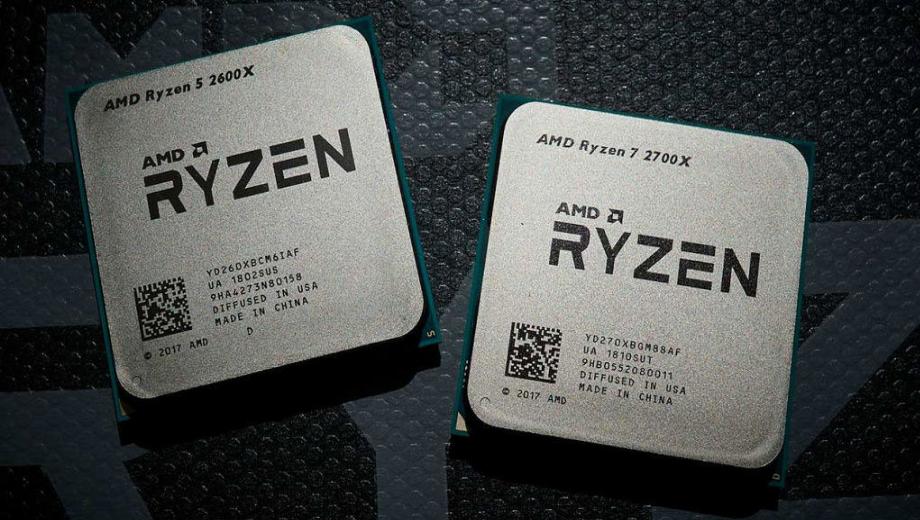TSMC 5nm process promises massive performance gains

When it comes to die shrinks, 2019 is going to be an exciting year for everyone. AMD is dropping down to 7nm on both its next-generation CPUs and graphics cards (Ryzen 3000 and Radeon Navi respectively) while Intel will launch its first 10nm mobile CPUs in the coming months too. But looking a few years down the line, perhaps jumping a couple of AMD generations to its Ryzen 5000 chips, the 5nm process they will likely be built on, could offer huge gains in performance.
TSMC is the company behind AMD’s latest 7nm technology. Although there are some rivals from the likes of Samsung, TSMC is leading the charge there and its 5nm technology could do the same in years to come. TSMC promises mass production towards the end of 2020, which could mean we’ll see products based on the new process in 2021.
The 5nm process reportedly allows for as much as 80 percent increased transistor density than the 7nm node, which could equate to multiple tens of percent improvement in performance or energy efficiency, depending on how companies like AMD want to make use of the additional die space.
It’s certainly a lot more space than will be available on TSMC’s 6nm process which will launch a little later. It will likely have far greater yields than the 5nm process, but that doesn’t seem likely to be as popular as the 5nm node considering its enhancements.
“N5 compared with N7, actually, the logic density increases by 80%,” TSMC’s CEO, C.C Wei said via PCGamesN. “N6 compared with N7 is only 18%. So you can see there’s a big difference in that logic density and transistor performance also. And so, as a result, the total power consumption in the chip is lower in the N5. There’s a lot of benefit if you move into N5.”





![Soulstone Survivors v1.0-v1.4+ (+26 Trainer) [FLiNG]](https://9588947a.delivery.rocketcdn.me/wp-content/uploads/2025/12/Soulstone-Survivors-01-464x276.jpg)

![Icarus v1.1.0-v2.3.20+ (+27 Trainer) [FLiNG]](https://9588947a.delivery.rocketcdn.me/wp-content/uploads/2025/12/Icarus-01-464x276.jpg)

























